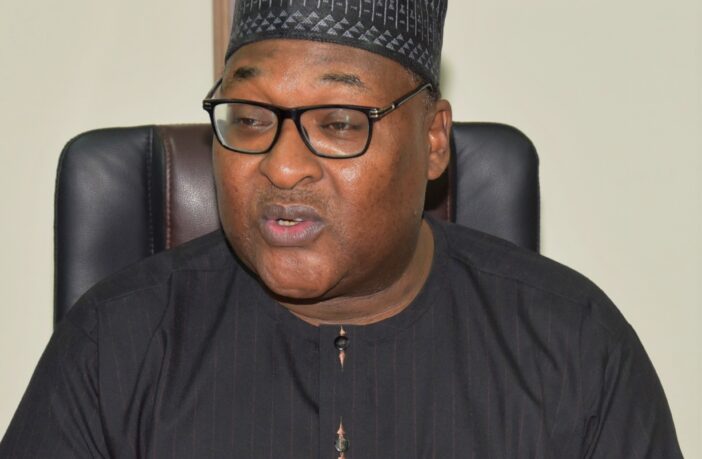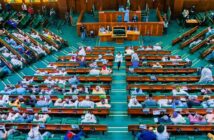The chief executives of Nigerian maritime agencies have said they would put legal and operational measures in place to ensure that Nigerian seaports commence 24 hours operation to evacuate cargoes by first quarter of next year.
The chief executive officers who met on Tuesday at the headquarters of the Nigerian Shippers’ Council (NSC) brainstormed on various modalities and areas of collaborations to combat challenges in the maritime sector.
They agreed that it was time for Nigerian seaports to have at least 98 per cent digitisation, and evacuation of cargo should be done through three modal means of transportation such as barge, rail and road, and international conventions must be domesticated.
The meeting had in attendance executive secretary, Nigerian Shippers’ Council (NSC), Mr Hassan Bello; managing director, Nigerian Ports Authority (NPA), Hadiza Bala Usman; and the director-general, Nigerian Maritime Administration and Safety Agency (NIMASA), Dr Bashir Jamoh.
Others present were the managing director, National Inland Waterways Authority, Dr George Moghalu and rector, Maritime Academy of Nigeria (MAN), Oron, Rtd. Commodore Duja Effedua.
Speaking at the event, Hassan Bello said sustainability of the synergy was key to their intentions. Bello said: “We are looking at specific issues of port operations and also legal issues. For port operations, we are working assiduously to have 24/7 port operations, 98 per cent digitisation of operations to ensure a paperless port in the first quarter of next year.
“We want to also have an open and transparent process in the port and this will go a long way to ensure our competitiveness in the Western and Central African region,” he said, adding that they would set up a strong legal committee to make sure the National Assembly domesticates the conventions.
He pointed out that the maritime industry was the focus of attention, especially during and post COVID-19. He said that it was no longer reliable to depend on oil as the only source of revenue for the economy. “We have been cooperating with one another, but this is the institutionalisation of that cooperation and this synergy will make us achieve what we have set out to achieve,” he said.
On her part, Hadiza Bala-Usman said improved synergy between heads of maritime agencies was vital in enhancing operations in the sector. She said the main purpose of the meeting was to improve synergy amongst the agencies, through their CEOs putting heads together and addressing overlapping functions affecting their operations.
“We are here to commence our improved synergy between heads of agencies of maritime industry and we have decided to hold monthly meetings amongst all the agencies that are under the maritime industry.
“Today we held our maiden meeting and we intend to have this meeting monthly in the four next months and subsequently we will be having it quarterly”, she said. The managing director said that the target was improved operations in the maritime space.
She said that there had always been a synergy among them but hoped that the meeting would make their relationship with supervisory National Assembly committee better. The NPA boss said that they would sustain the engagement and provide regular briefing on areas that improved synergy had already been achieved.
“We will ensure that regulatory oversight is done efficiently, payment done on time and the citizens will not bear the inefficiency of service providers. The shipping companies will be called to order and everything required in terms of delivery will be done efficiently.
“These are part of our main focus in realising that efficiency directly has an implication in terms of financing and payment of money and making our port as competitive as possible,” she said.
In his contribution, Jamoh said that the interesting part of the synergy was that it would ensure that decision taking was prompt. “You can see the distance of our offices, NPA, NSC and NIMASA, not more than five kilometers to reach those offices, but many at times, decision using mails and other types of correspondence takes nothing less than six months to conclude.
“From our discussion and deliberation, we have decided on so many issues that concern national development, overlapping functions and others. We have a committee inaugurated by the ministry of transportation and we have been working close to a year now, and we have now decided on who should take what responsibility and we are going ahead with that,” he said.
Jamoh said that the controversial floating dock that arrived Nigeria over a year now was at Naval Dockyard and they had decided on its commencement of operation by end of July. “With this synergy, we will be able to develop strong working team that will push the industry forward,” he added.




